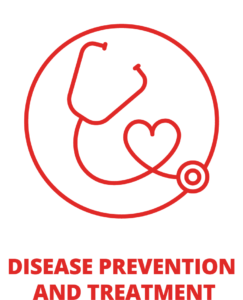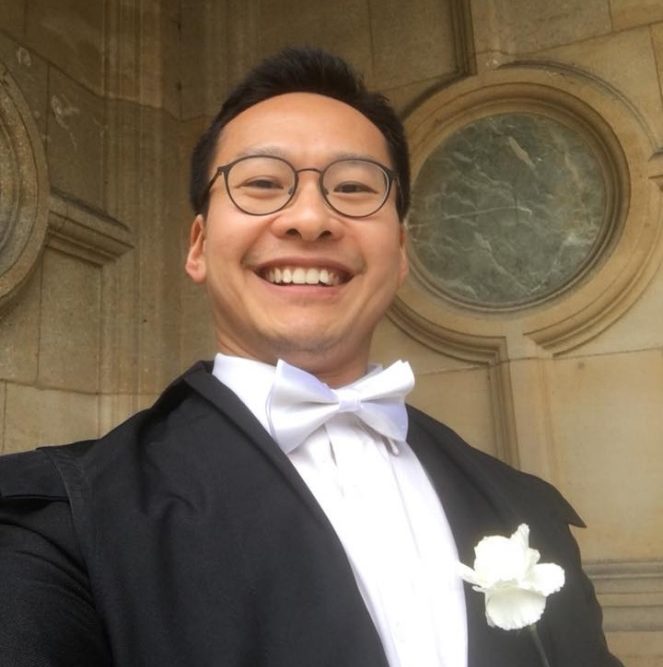https://autismwish.org/gonijp6tg  Christopher read for the MSc in Global Health Science in 2017/18 at the University of Oxford (University College). His Rotary scholarship was from District 9630 in Australia. He was born in Malaysia but has lived and travelled in many countries. Currently he is a consultant physician in Infectious Diseases and Respiratory Medicine in Brisbane, Australia aspiring to work at the intersection of clinical medicine, public health research, and health policy.
Christopher read for the MSc in Global Health Science in 2017/18 at the University of Oxford (University College). His Rotary scholarship was from District 9630 in Australia. He was born in Malaysia but has lived and travelled in many countries. Currently he is a consultant physician in Infectious Diseases and Respiratory Medicine in Brisbane, Australia aspiring to work at the intersection of clinical medicine, public health research, and health policy.
https://etbscreenwriting.com/c78xffhqtde
https://splendormedicinaregenerativa.com/z9dxqoxyk9follow url I have been interested in population health research that has the potential to make an impact on clinical practice and health policy for many years. However, doing research while on the specialist medical training treadmill full-time is difficult due to the lack of dedicated time and epidemiological and statistical skills training. I thus decided that once I became a specialist physician, I would undertake a Master’s degree to fill in these gaps. I secured a place at Oxford to read for the MSc in Global Health Science and thanks to a Rotary Global Grant Scholarship, which paved the way for a matched University scholarship, was able to go up on a full funding package.
Buy Cheap Tramadol Mastercard
https://living4youboutique.com/7f05gwxng  The MSc has given me a good grounding in epidemiological, statistical, and clinical trial principles which I will use in the next stage of my career pursuits – a PhD/DPhil (hopefully back at Oxford!), which is essential to establish oneself as a bona fide academic. My MSc dissertation, an individual patient data meta-analysis examining the relationship between body weight and treatment failure in acute falciparum malaria in adults, allowed me to apply the skills I learnt and reinforce my confidence in carrying out population health research using large datasets. The knowledge gained has also made me better able to take a critical approach to the medical research literature rather than accepting study designs and analyses at face value, something most doctors do because of their lack of understanding of epidemiology and statistics. For me, the MSc has, therefore, conferred both short and longer-term benefits.
The MSc has given me a good grounding in epidemiological, statistical, and clinical trial principles which I will use in the next stage of my career pursuits – a PhD/DPhil (hopefully back at Oxford!), which is essential to establish oneself as a bona fide academic. My MSc dissertation, an individual patient data meta-analysis examining the relationship between body weight and treatment failure in acute falciparum malaria in adults, allowed me to apply the skills I learnt and reinforce my confidence in carrying out population health research using large datasets. The knowledge gained has also made me better able to take a critical approach to the medical research literature rather than accepting study designs and analyses at face value, something most doctors do because of their lack of understanding of epidemiology and statistics. For me, the MSc has, therefore, conferred both short and longer-term benefits.
https://www.insearchofsukoon.com/6b81jvd Almost everyone who has attended Oxbridge will attest to the value of being around high-achieving, ambitious people who will likely go on to do great things in life, as well as the opportunities that arise just from being in the right place at the right time. In my case, I got to work as a consultant on a European Commission-funded training programme for frontline EU health workers and law enforcement officials on migrant and refugee health, a cause dear to my heart. It gives me a great deal of satisfaction that, as of late 2018, the materials I developed have been rolled out in ten countries. Through my network of contacts, I also got roped in to be an extra on a BBC documentary on NHS fraud, although this is clearly a less impressive achievement!
go here
https://bxscco.com/szbsr9w0992  Oxford is a fantastic place to be as a student, even older ones like me (I was 36 when I went up). I was heavily involved in college life, sport, Rotary events including delivering a talk at the District 1090 conference on the scientific basis behind the Rotary polio eradication programme, and many other activities, such as travel, that made my year among the dreaming spires one of the most fulfilling and enriching of my life thus far. I am hugely grateful to the Rotary Foundation for its generosity and I hope my future achievements will be worthy of its ideals. Obviously, I can highly recommend studying at Oxford, as well as the pros of being a Global Grant Scholar, and would be delighted to speak to potential applicants – if this is you, please do not hesitate to get in touch!
Oxford is a fantastic place to be as a student, even older ones like me (I was 36 when I went up). I was heavily involved in college life, sport, Rotary events including delivering a talk at the District 1090 conference on the scientific basis behind the Rotary polio eradication programme, and many other activities, such as travel, that made my year among the dreaming spires one of the most fulfilling and enriching of my life thus far. I am hugely grateful to the Rotary Foundation for its generosity and I hope my future achievements will be worthy of its ideals. Obviously, I can highly recommend studying at Oxford, as well as the pros of being a Global Grant Scholar, and would be delighted to speak to potential applicants – if this is you, please do not hesitate to get in touch!
